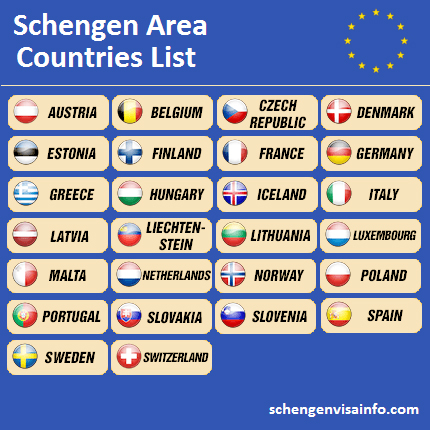The Guyana Government has expressed concern, “if not alarm” to a visiting European Union Delegation of ambassadors about Guyanese not having visa-free entry into Schengen countries of the European Union (EU) and is seeking fair treatment on the issue says Minister of Foreign Affairs Carl Greenidge.
“The reasons for not treating Guyana similarly have not been made by the European Union. As far as we can see from the criteria they use, Guyana falls squarely amongst those countries that do not pose, as they would say, a risk, and therefore it should be treated differently.”
Greenidge told the media at press conference held yesterday at the Ministry of Foreign Affairs, Georgetown “We believe that it is discriminatory. Most Caricom countries have visa free travel to some Schengen countries.”
As recent as 2015, the EU waived the Schengen visa requirement for a number of Caricom countries including Dominica, Grenada, St Lucia, St Vincent and the Grenadines and Trinidad and Tobago allowing the nationals of those countries for a period of stay of up to 90 days annually. Barbados and St Kitts and Nevis are among those that also enjoy similar treatment.
The High Representative of the EU for Foreign Affairs and Security Policy and Vice President of the European Commission, Frederica Mogherini, Greenidge said, told the ministry’s officials in a meeting that “they are not now going to look at Guyana until a new council comes into office.”
Greenidge said, that was like, “kicking it down the road or into the tall grass depending on how you look at it, which makes us extremely unhappy.”
As of now, if a Guyanese person wants to travel to a Schengen state they first have to go to Suriname to have biometrics taken. They then have to a courier their passport to Suriname for the processing of the visa application.
Concessions
Among others consular issues they discussed with the Ministry of Foreign Affairs, Greenidge said, was the EU seeking “additional concessions.”
The EU delegation in Guyana, he said, is accorded the status of states and not as international organisations such as the World Health Organisation or the Pan American Health Organisation.
“We have indicated to them that we hear them. We are still looking at that matter,” he said.
Generally, the EU and Guyana discussed, he said, political developments and governance, legislation passed in the Guyana Parliament, human rights issues, and questions of constitutional reform.
The United Kingdom’s exit from the European Union, known as Brexit and the implications of Brexit for the EU and Guyana, the renegotiations of the Cotonou agreement, relations between the EU and the Latin American and Caribbean countries, economic developments, organisational arrangements in place for managing oil and gas, and global and regional issues were also discused.
Greenidge said they also held an extensive discussion on climate change, security and on the issue of Venezuelan migrants entering Guyana.
On the Venezuelan migrant issue, he said, Guyana did not request assistance for the movement of Venezuelan migrants to Guyana. The EU was interested in the current situation, numbers of Venezuelans entering Guyana, and the kinds of problems Guyana was encountering, and arrangements in place for dealing with them.
The ministry could not provide numbers because of the traditional movements of indigenous peoples across the borders, and others returning may be Guyanese or are of Guyanese parentage and whether Venezuelans coming to Guyana are doing so on a temporary or permanent basis.
Because of the wide range of ambassadors in the team and because Guyana has bilateral agreements with many of the representatives of different EU member states, Greenidge said, bilateral talks have been held individually as well.
The discussion are being held as part of the Sixth Round of the EU-Guyana Political Dialogue in keeping with Article Eight of the African Caribbean Pacific-European Union Cotonou Agreement.
“It is perhaps, the most senior delegation of the EU to have visited us in relation to these annual policy dialogues,” Greenidge said.






